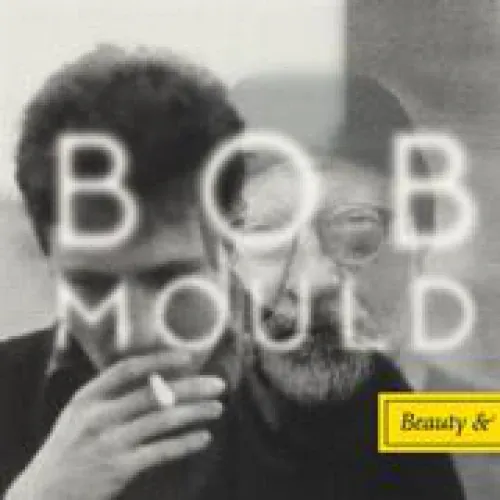
Bob Mould
Top Bob Mould albums
Top Bob Mould lyrics
Bob Mould biography
Guitarist/singer/songwriter Bob Mould was initially a member of Husker Du, one of the most influential American bands of the '80s. Husker Du was a post-hardcore punk band that helped define the sound and ideals of alternative rock. After Husker Du broke up, Mould signed a solo contract with Virgin Records in 1988. The following year, he released his first solo album, Workbook, which represented a major shift in sonic direction. Workbook was an introspective collection, featuring keyboards, acoustic guitars, and even strings. The album received excellent reviews and spent 14 weeks on the charts, peaking at 127; "See a Little Light" became a Top Ten modern rock hit. Mould returned to loud, guitar-driven rock on his second solo album, 1990's Black Sheets of Rain. Featuring the Top Ten modern rock hit "It's Too Late," Black Sheets of Rain received mixed reviews.br /br /Frustrated with the business operations of major record labels, Mould left Virgin after the release of Black Sheets of Rain; they would later release a compilation of the two albums, Poison Years. Mould then formed an independent record company, SOL (Singles Only Label), which released 45s from new, developing bands as well as cult bands. In 1992, he formed a new trio, Sugar, with ba**ist David Barbe and drummer Malcolm Travis; the band signed with Rykodisc in the U.S., Creation in the U.K. Sugar's first album, Copper Blue, was released in the fall of 1992 to enthusiastic reviews and became Mould's most successful project to date. Copper Blue nearly went gold and spawned several alternative radio and MTV hits, including "Helpless" and "If I Can't Change Your Mind." In the spring of 1993, Sugar released the mini-LP Beaster, a more abrasive collection than Copper Blue that was recorded at the same sessions. Around the time of the release of Beaster, Mould was forced out of the closet by various gay publications, with hopes that he would embrace their political cause; he rejected their requests. br /br /Mould wrote the material for the second Sugar album during 1993. The band began recording in the spring of 1994, but the sessions ground to a halt and the tapes were erased. Mould decided to give the album one more try, and it was recorded quickly late that spring. The album, File Under: Easy Listening, appeared in the fall of 1994. Although it received good reviews and was moderately successful commercially, it didn't match the performance of Copper Blue. In the spring of 1995, it was announced that Sugar was on hiatus. Besides, a collection of rarities and B-sides, was released that summer. By the fall, Mould had broken up the band and begun to work on a third album entirely by himself. Mould played all of the instruments on his self-titled third album, which was released in the spring of 1996. The Last Dog and Pony Show followed in 1998. In 2002, after a long period of musical inactivity, Mould returned with the electronics-heavy Modulator, followed by the more conventional Body of Song in 2005. ~ Stephen Thomas Erlewine, All Music Guide

